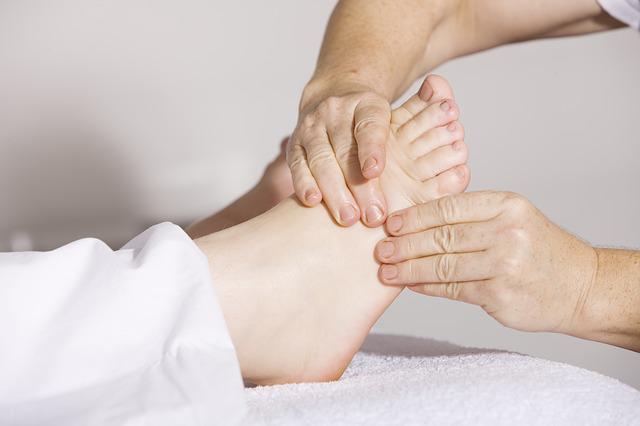Muscle pain is a common symptom of a number of different health issues. Some people experience muscle pain in specific areas of their bodies, like their arms and legs. There are many different causes of muscle pain and ways to treat it.
For temporary muscle pain, rest, stretching and using CBD can help. Studies on CBD indicate that it reduces inflammation and helps with pain. Make a topical to rub on sore leg muscles or an edible from raw distillate. CBD distillates made with pure organic hemp compounds are high-demand products due to their effectiveness in alleviating muscle pain.
Causes of muscle pain
Some of the causes of muscle pain are:
Injuries: Sprains and strains can cause muscle pain. A sprain involves the tearing and stretching of ligaments, and a strain involves the tearing and stretching of muscle fibers. Ankles, knees, and wrists are prone to these types of injuries.
Over-exercising: Failing to warm up, not stretching properly, trying out new exercises, and exercising more intensely than usual can lead to sore, stiff muscles in the arms and legs.
Sciatica: Sciatica is a pain that runs down the leg to the foot due to pressure on a nerve. This happens when a nerve gets pinched by a muscle spasm or herniated disk.
Autoimmune diseases: Many autoimmune diseases can cause muscle pain, such as fibromyalgia, Chronic Fatigue Syndrome, and Multiple Sclerosis (MS). With pain caused by diseases like this, pain in the muscles is likely to be widespread, rather than just in the arms and legs.
Infections and cancer: Infections like meningitis, tetanus, HIV, and lupus can cause muscle pain all over the body. Ovarian cancer can lead to leg pain.
Medications: Muscle stiffness is a common side effect of using statins to lower cholesterol levels. Anesthetics used before surgery can also cause muscle stiffness in the days that follow.
Other causes of muscle pain in the arms and legs include having poor nutrition and being overweight. Muscle cramps in the legs can be the result of dehydration due to not drinking enough water or low levels of potassium or magnesium in the diet.
Diagnosis
If muscle ache is the result of a strain, injury, or stress, people usually feel it in a specific area. When aches occur throughout the body, the pain is more likely due to an infection, underlying illness, or medication.
You may need further help if your symptoms don’t improve with time, prevent normal movement and cause significant pain. It is important to get a correct diagnosis as this increases the chances of treating the pain correctly. Identifying symptoms and when they started can help with a diagnosis. Pain from an injury is easier to diagnose and treat than muscle pain that’s due to a less obvious cause.
If you don’t know what’s causing your muscle pain, you may have to undergo various tests. An MRI or CT scan can pick up muscle injury or damage. Blood tests can test for infections and check hormone, enzyme and electrolyte levels. A muscle biopsy may be necessary to look for changes in the tissue that could indicate a neuromuscular disease. Electromyography measures the electrical activity in your muscles and nerves.
Home treatments
For temporary muscle pain, the following home treatments will offer relief:
- Rest and elevate the painful area to reduce inflammation.
- Alternate between using ice packs to relieve inflammation and heat to improve blood flow.
- Soak in a warm bath with Epsom salts.
- Take over-the-counter pain medication or try out a CBD distillate.
- Carefully stretch the affected muscles to improve circulation.
Complementary therapies
Complementary therapies such as acupuncture or massage are also known to reduce inflammation and muscle pain. Acupuncture is part of traditional Chinese medicine and involves inserting very thin needles through the skin to restore the flow of energy. Massage therapy is a form of touch therapy that releases the tension in the muscles caused by pain. As mentioned above, the use of CBD is another way to relieve inflammation in the body and help you to relax.
When to see a doctor
Most cases of muscle pain and stiffness go away on their own or with the use of home remedies or complementary therapies. If the pain is prolonged and accompanied by other symptoms, it is important to see a doctor. Any leg or arm pain that’s sudden, severe or persistent needs medical attention. Muscle pain may be a symptom of an underlying condition, in which case a treatment plan is necessary to manage ongoing pain and symptoms.
